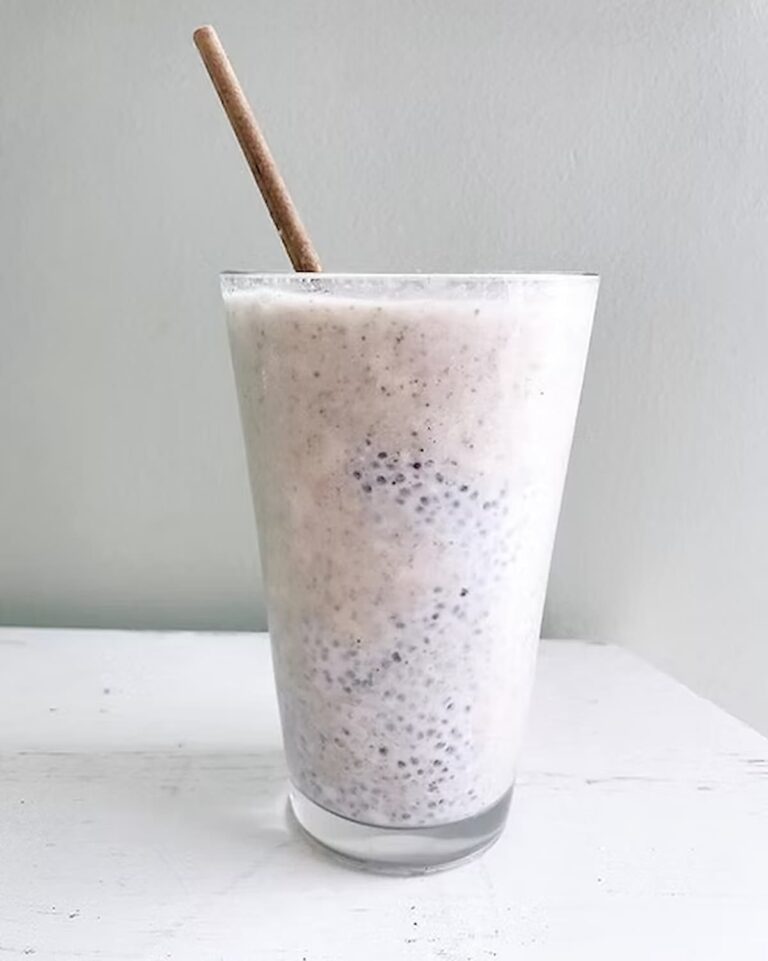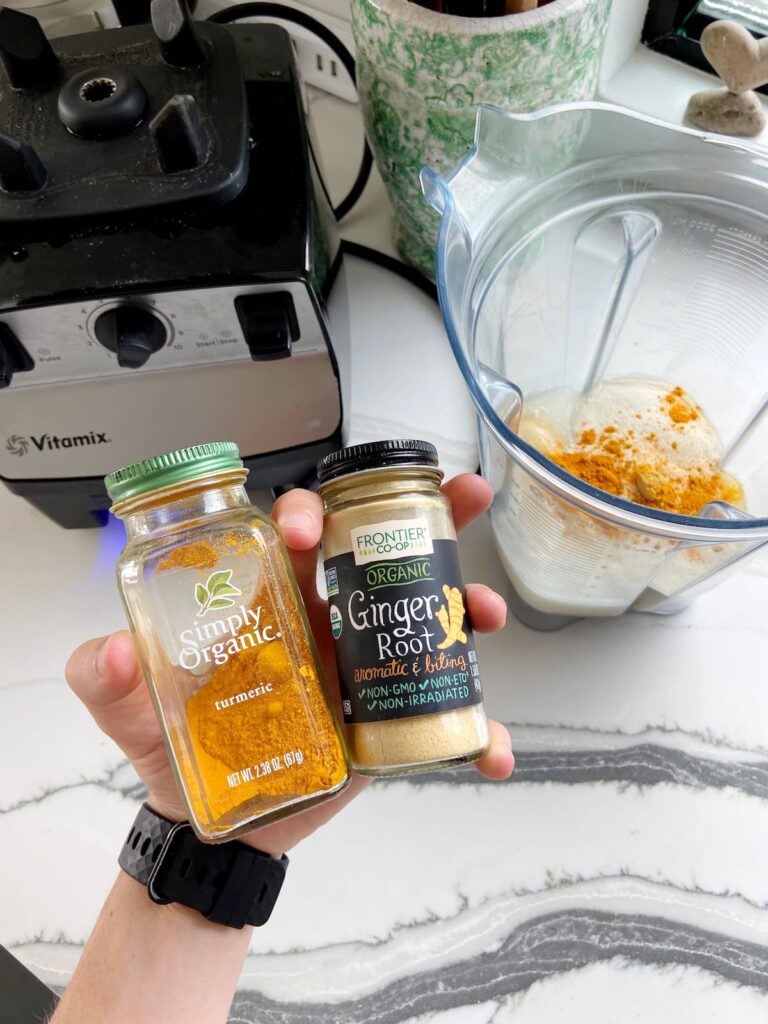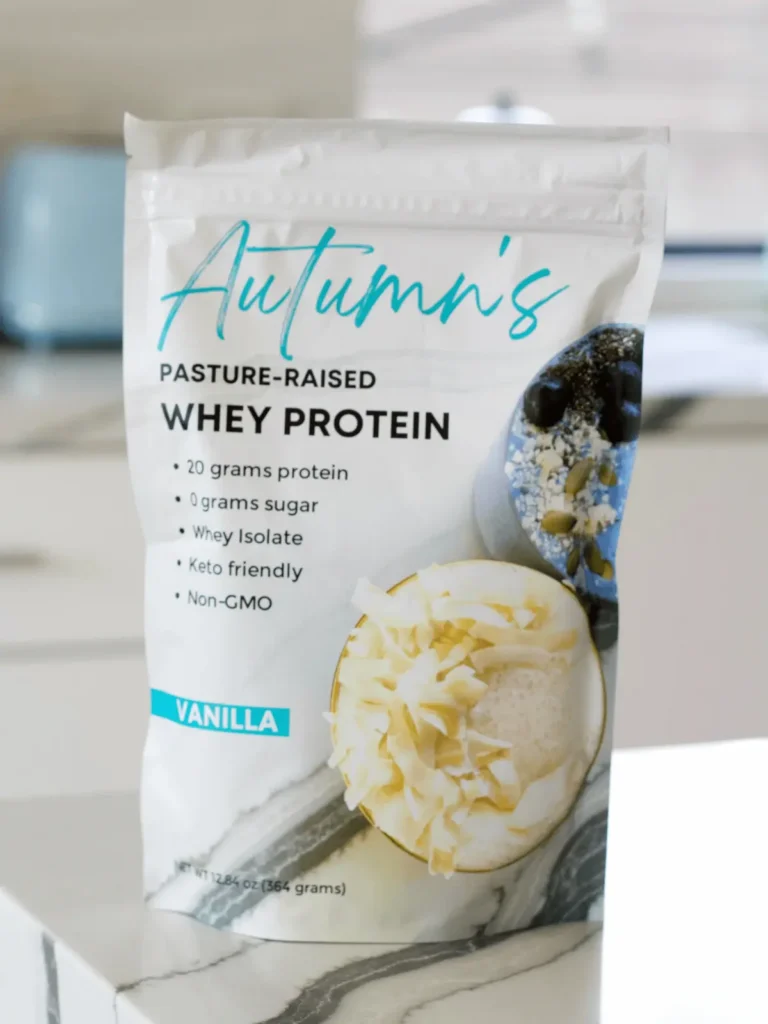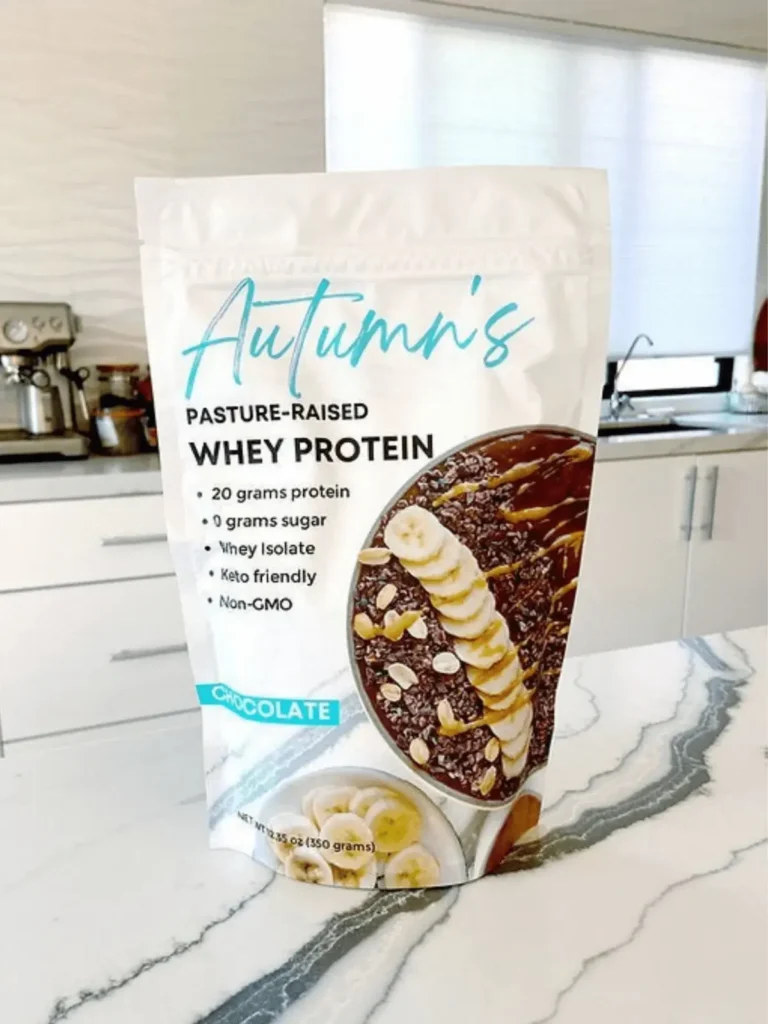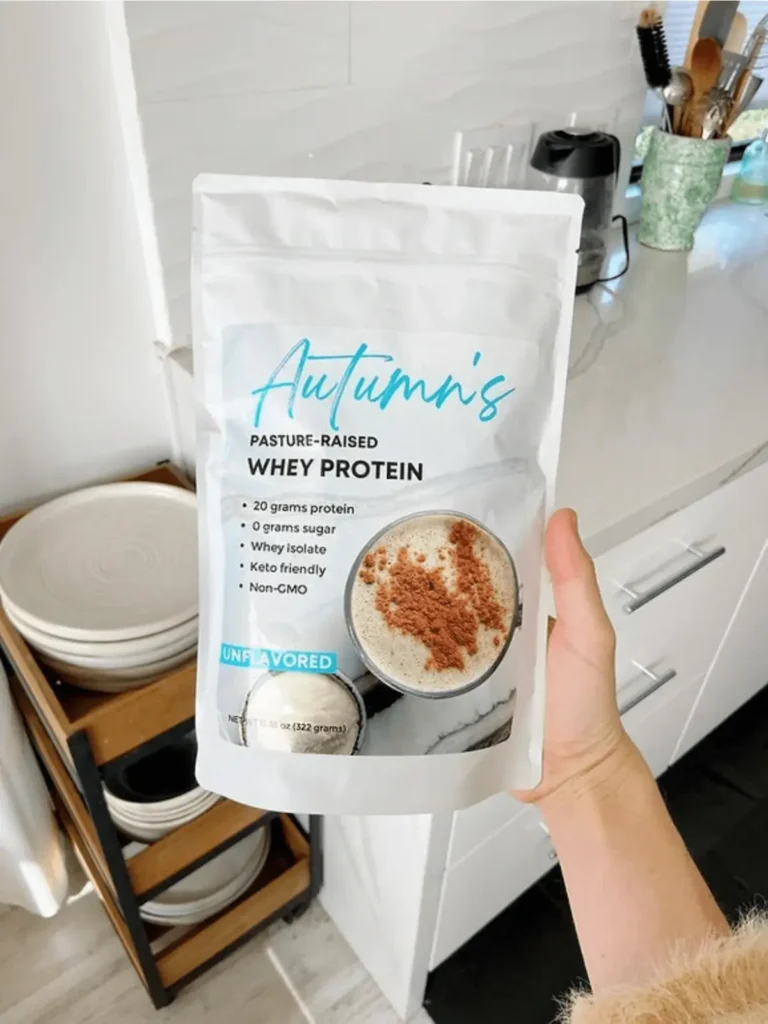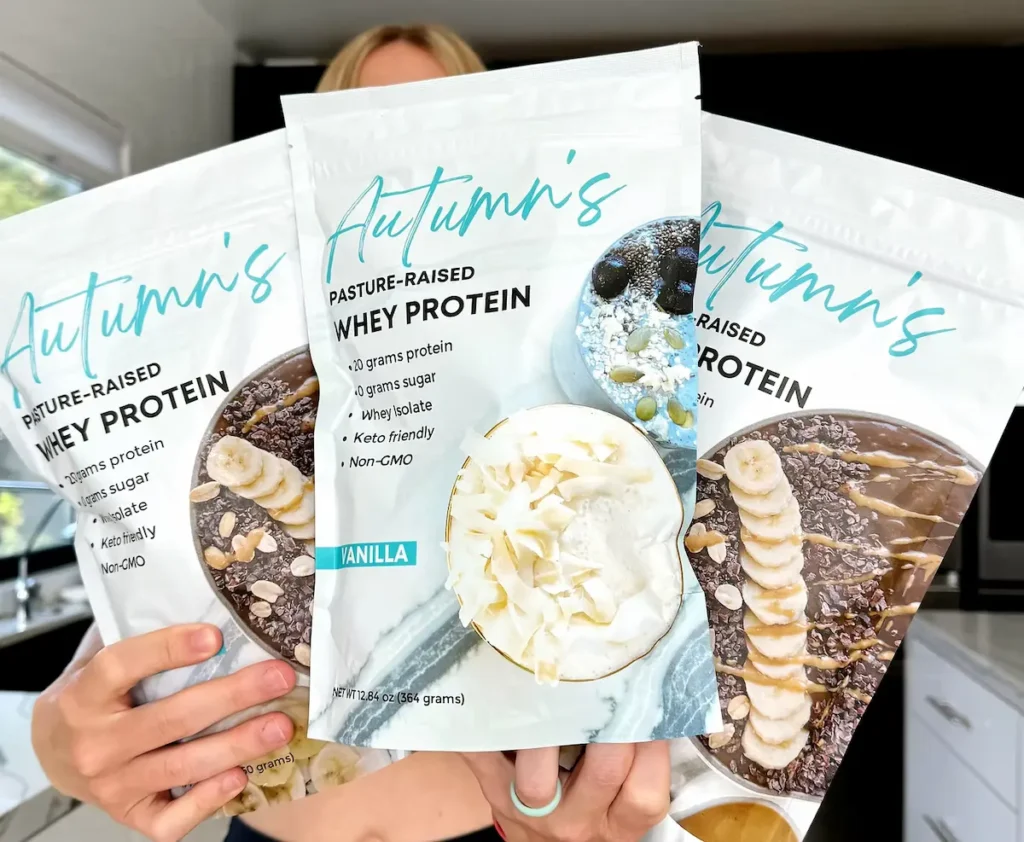Monk fruit might break a fast if you have an insulin response, but this varies from person-to-person. Here’s what you need to know.
What Is Monk Fruit?
Monk fruit sweetener is derived from the monk fruit plant. Traditionally, monk fruit has been used and grown in China. It has been found to be about 250-400x sweeter than regular cane sugar, but without the carbohydrates that will lead to increases in blood glucose levels. Instead, the sweetness comes from an antioxidant called mogrosides that is naturally in monk fruit.
Does Monk Fruit Break a Fast?
Monk fruit does not break a fast if you don’t have an insulin response to it. There has been some research that monk fruit (and other non-nutritive sweeteners, such as stevia) can cause an insulin response in some individuals while in others it doesn’t. Because this varies from person-to-person, it’s important to test it out on yourself and see how your body responds. I personally prefer to err on the side of safety and not include monk fruit in my drinks while fasting to ensure it does not break a fast.
Pssst – wondering what type of fasting is best for your goals? Click below for my free Intermittent Fasting Schedule quiz to find out!
Related: [QUIZ!] Find Out The BEST Intermittent Fasting Schedule For YOUR Goals!
Why Do People Use Monk Fruit?
With the increased awareness of sugars detrimental effect on health, many people are looking for alternatives that won’t raise blood glucose levels. Monk fruit has been found to have zero effect on glycemic load and blood glucose levels. This is also why you’ll find monk fruit used in high quality protein powders. It provides the sweet flavor without the additional calories or carbohydrates that other sweeteners have.
Should You Use Monk Fruit?
This is a tricky one for me to answer. If you DO choose to use monk fruit sweetener, it’s important to make sure that it only contains monk fruit. Some monk fruit sweeteners contain carbohydrate-containing sugars that will increase your blood glucose levels. There are also monk fruit sweeteners that add in sugar-alcohols, which technically don’t increase your blood glucose levels but studies have found these sugar alcohols are tied to GI distress.
Ultimately, I want you to ask yourself – why am I craving something sweet? Although monk fruit sweetener doesn’t raise blood glucose levels and therefore is technically fine to have (in small amounts) with Intermittent Fasting, it can be detrimental to your goals to use it throughout the day for two reasons:
1. You’re masking the reason that you’re CRAVING sugar.
Stop and ponder that question – Why are you craving sugar? What is your body telling you? If you aren’t sure how to answer this, I dive into the science behind this question with the video below.
2. You may induce further sugar cravings.
Because you’re masking the reason why you’re craving sugar in the first place, this will inspire further cravings for sugar in your body. And those cravings will most likely lead to snacks/meals that will not help you feel good or achieve your wellness goals.
Simply put, the more often you include added sugars of any type, the more your body will crave those sugars. Having a small amount of monk fruit in your Chocolate Bomb Bites from the Level Up Guide or occasionally adding it to your Keto Coffee won’t hurt your goals. But it’s important to still use this sweetener occasionally rather than in everything you consume. This will help to keep any further sugar cravings down and allow you to feel your BEST.

Tap into fat burning
The 21 Day Intermittent Fasting Program
The 21 Day Intermittent Fasting Program provides step-by-step strategies to help you use Intermittent Fasting with delicious, protein-packed meals to support fat loss, reduce hunger, and boost gut health.





